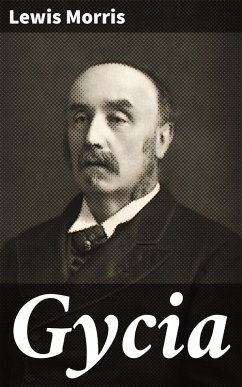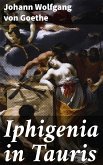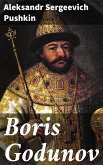In "Gycia," Lewis Morris presents a poignant exploration of human emotions, love, and the societal constraints of his time. This poetic drama, composed in blank verse, unfolds the tragic tale of Gycia, a Greek princess, and her complex relationships marked by passion and sacrifice. The play is steeped in moral and philosophical inquiry, showcasing Morris'Äôs ability to weave intricate character studies within a timeless narrative framework influenced by classical antecedents. Evoking the grandeur of ancient Greek drama while adopting a Victorian sensibility, Morris navigates themes of duty, honor, and the inexorable forces of fate. Lewis Morris, a prominent figure in the Welsh literary renaissance and a passionate advocate for the arts, was deeply influenced by his experiences in the world of poetry and drama. His background in the classics, along with a keen interest in social issues, informed his literary pursuits. Written during a period of personal reflection and societal change, "Gycia" embodies Morris'Äôs quest to reconcile personal desire with social expectations, reflecting the tumultuous Victorian era in which he lived. "Gycia" is a profound work that invites readers to reflect on the nature of love and the constraints of societal norms. Morris'Äôs rich language and captivating storytelling make this play a compelling read for scholars of drama and literature alike. It is not only a testament to Morris'Äôs artistic vision but also a timeless exploration of the human condition that resonates with contemporary audiences.
Dieser Download kann aus rechtlichen Gründen nur mit Rechnungsadresse in A, B, BG, CY, CZ, D, DK, EW, E, FIN, F, GR, H, IRL, I, LT, L, LR, M, NL, PL, P, R, S, SLO, SK ausgeliefert werden.









